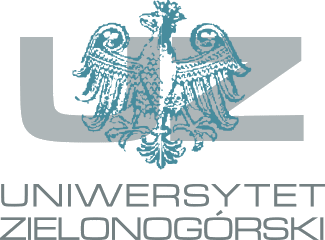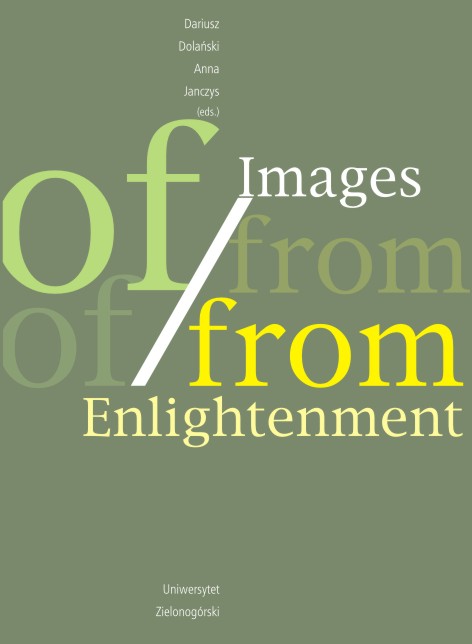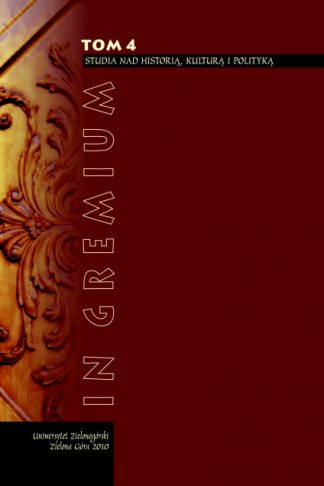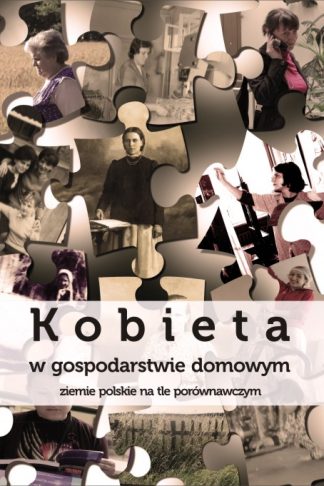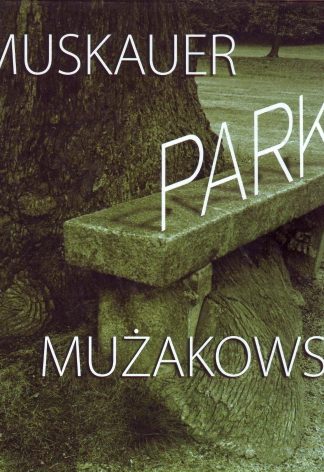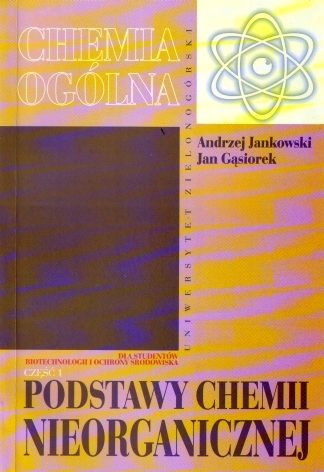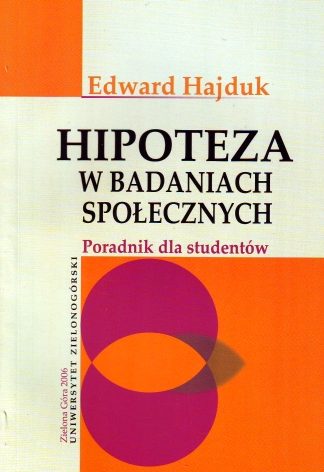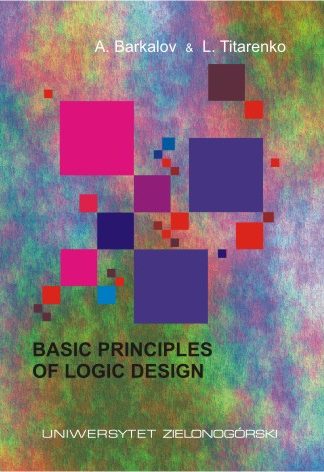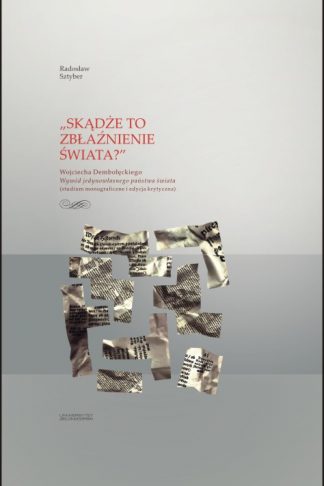Opis
In 2010, a network of nine European research institutes was founded as an initiative of the University in Potsdam, which embarked on a mutual interdisciplinary project on European Enlightenment in global context, labelled as ENGLOBE. Enlightenment and Global History. This publication contains fractional outcome of the research, which was conducted by the participants of the project in the framework of four workgroups concentrated on the issues of: Knowledge, Perception, Values and Evolution. The researchers of the Enlightenment not involved in the project were also invited to participate in the publication.
The Enlightenment was a period in the history of Europe, which, as none other, has left its mark on its present identity, providing the foundation for the modern state, economy and science, granting a new meaning to the notions of nation and man, but mostly bestowing individuals with their inalienable rights. Also, the Enlightenment attempted to regulate the relationships between particular states in a novel manner. These ideas proved to be partly successful in the 19th century, then found their expression in Europe and North America, then succeeded in making their way towards the 20th century and finally found their ultimate expression in the great project of cooperation and coexistence between the previously conflicted nations, i.e. the European Union. This project was awarded with the Nobel Peace Prize in 2012. Out of Europe, the Enlightenment and its ideas then commenced their global march which became a point of reference for social transformations and universal observance of human rights in the countries of Latin and South America, as well as in Asia and Africa.
